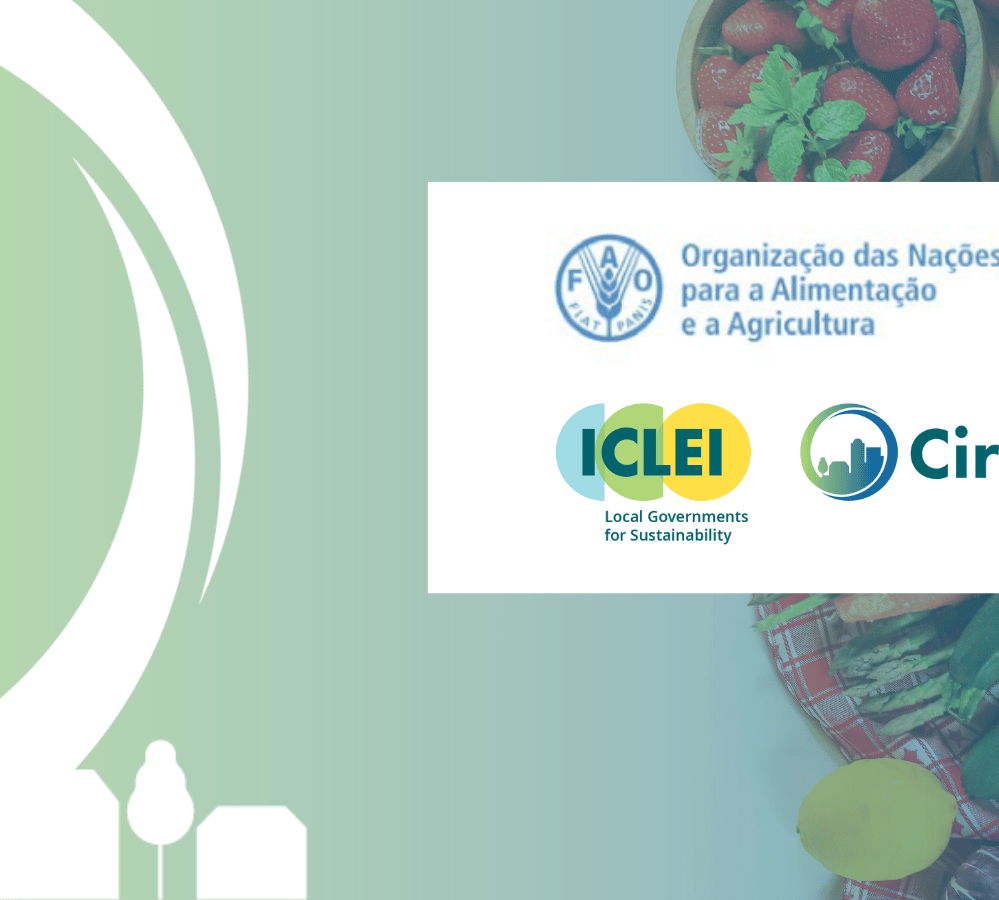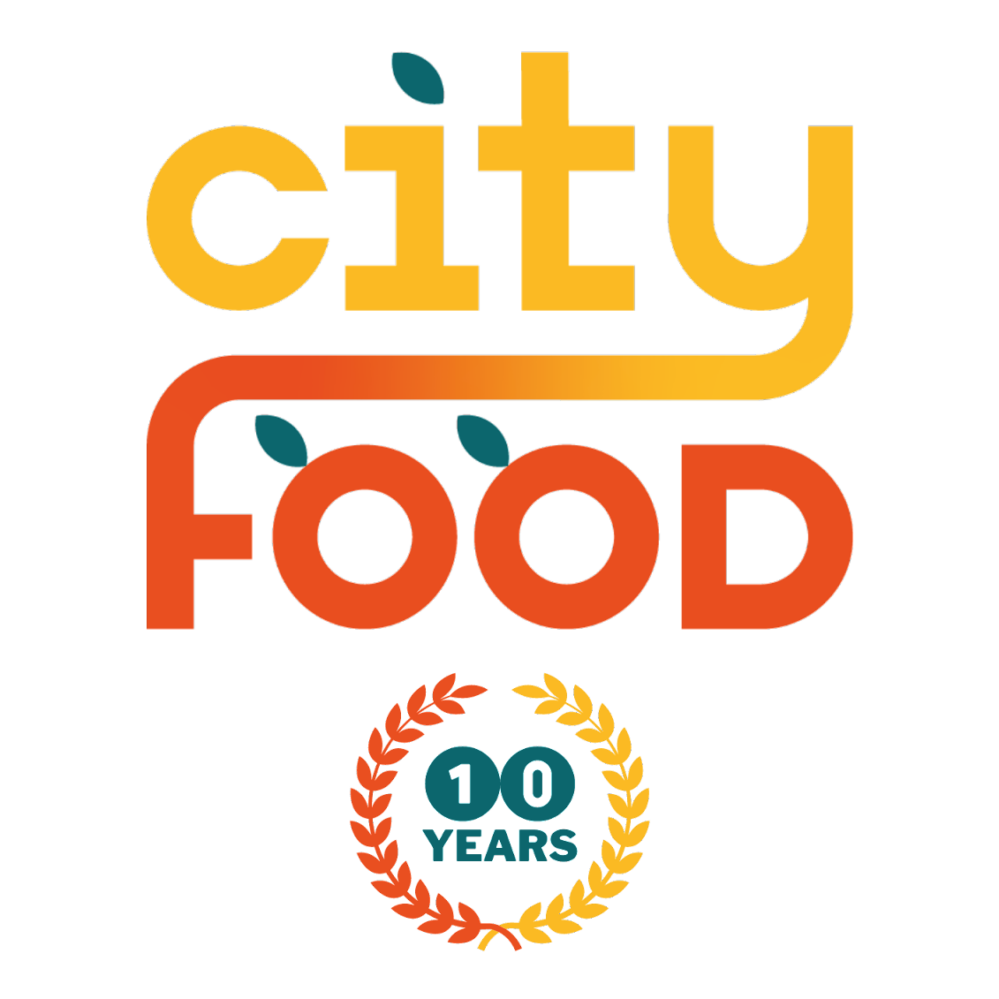At COP30, ICLEI officially launched the second edition of the CityFood Market Handbook for Healthy and Resilient Cities, a practical guide designed to help local governments transform food markets into engines of food security, nutrition, and urban resilience.
Now available in Portuguese, Spanish, and English, the second edition adds 15 new real-world case studies—bringing the total to 31—from cities across Africa, Asia, Europe, and the Americas. Together, these examples show how markets can be reimagined as inclusive, sustainable, and community-centered spaces that strengthen both local livelihoods and urban food systems.
The launch took place during the ICLEI-led session “Local Governments and Food Infrastructure for Urban Resilience” at the Food Roots and Routes Pavilion on 14 November. Experts and local leaders explored how food infrastructure sits at the heart of resilient cities, bridging climate action, public health, food security, and local economic development.
Launching the Handbook, Rodrigo Perpétuo, Executive Director of ICLEI South America, emphasized:
“Local governments have a unique and fundamental role in transforming food markets. By recognizing markets as essential to overcoming food insecurity, providing nutritious food, and ensuring sustainable livelihoods for farmers, ICLEI and its global CityFood Program, together with partners, developed this Handbook as a collective tool for action.”
This Handbook is an outcome of the Strengthening local fresh food markets for healthier food environments within planetary boundaries project, funded by the German Federal Ministry for Economic Cooperation and Development (BMZ) and supported by the Deutsche Gesellschaft für Internationale Zusammenarbeit (GIZ).
Developed by ICLEI’s Global CityFood program, in partnership with the Global Alliance for Improved Nutrition (GAIN) and the World Farmers Markets Coalition, the handbook offers actionable insights on markets’ management, infrastructure, hygiene standards, and services that shape different food market environments — highlighting how these factors impact food security and the livelihoods of market actors. The focus is on publicly managed markets that operate regularly, whether daily, weekly, or monthly.
Download the Handbook, assess your markets using its tools and guidance, and get inspired by the 31 cities leading the way toward healthy, resilient communities.





